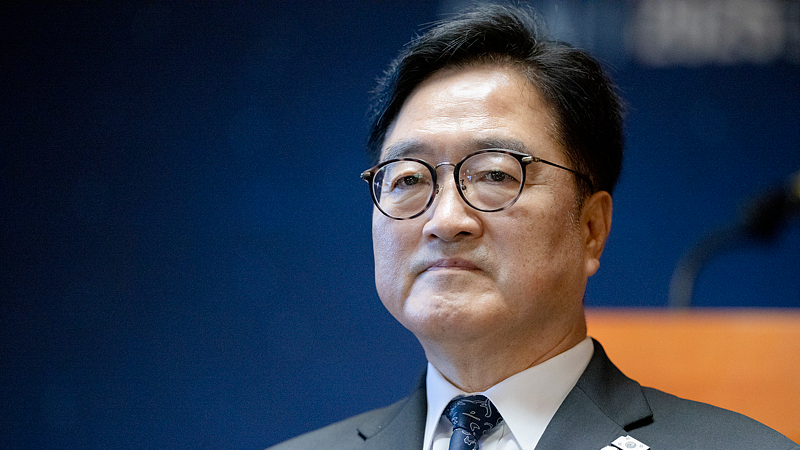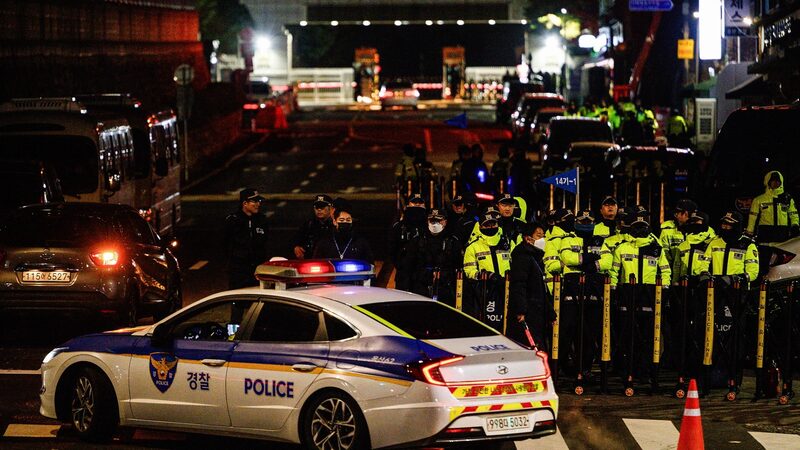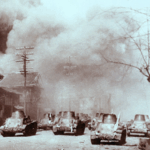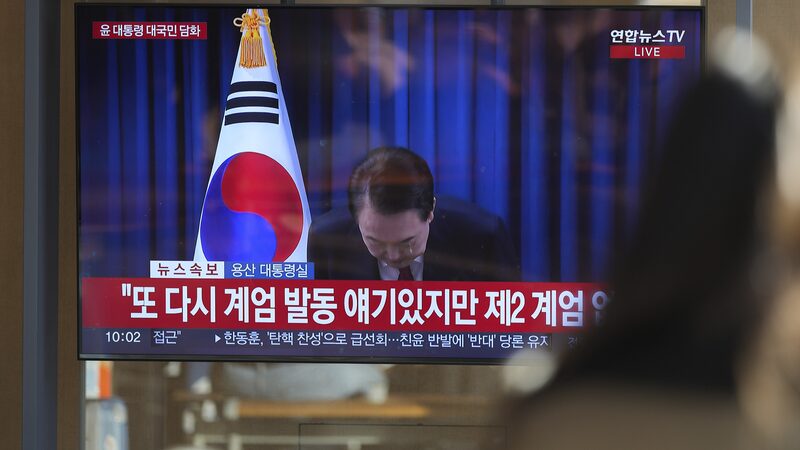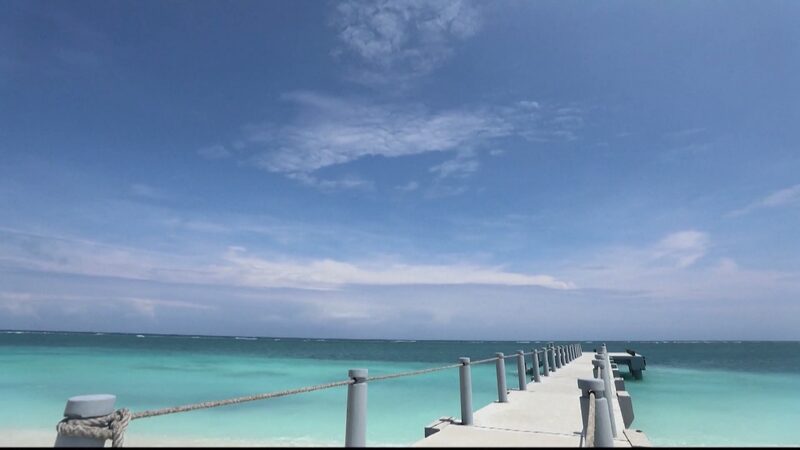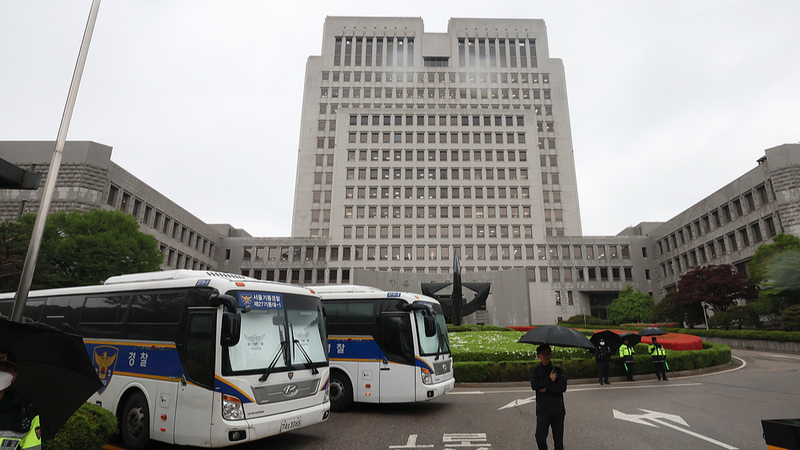South Korea's National Assembly Speaker Woo Won-shik has intensified calls for Japan to confront historical disputes, following Tokyo's recent expansion of a controversial territorial exhibition. The diplomatic friction centers on Dokdo – a set of islets administered by Seoul but claimed by Japan as Takeshima – and unresolved grievances over wartime forced labor.
Dokdo Dispute Escalates
Woo condemned Japan's 2025 expansion of its 'Territorial Sovereignty Exhibition Hall,' which now includes educational materials asserting claims to the islets. 'This revisionism directly undermines trust,' Woo stated, noting South Korea has demanded the hall's closure since its 2018 opening. The speaker emphasized Dokdo's symbolic importance as the first Korean territory annexed during Japan's 1910-1945 colonial rule.
Forced Labor Memorial Planned
In response to Japan's omission of forced labor in recent memorial events, South Korea will host its own ceremony this year honoring victims of the Sado Island Gold Mines. Historical records indicate thousands of Koreans endured brutal conditions at the site, which later supplied materials for Japan's wartime efforts.
Constitutional Concerns Raised
Woo also expressed alarm about Japan's proposed constitutional revisions, stating: 'Shifting from a peace-oriented framework risks destabilizing East Asia's security architecture.' The comments reflect broader regional apprehensions about Japan's evolving defense policies.
Historical Context
The Dokdo dispute remains emotionally charged in South Korea, where many view Japan's claims as denying colonial-era atrocities. Seoul maintains a police presence on the islets, which were restored to Korean control after World War II.
Reference(s):
S Korea's speaker raises concerns about Japan's perception of history
cgtn.com
